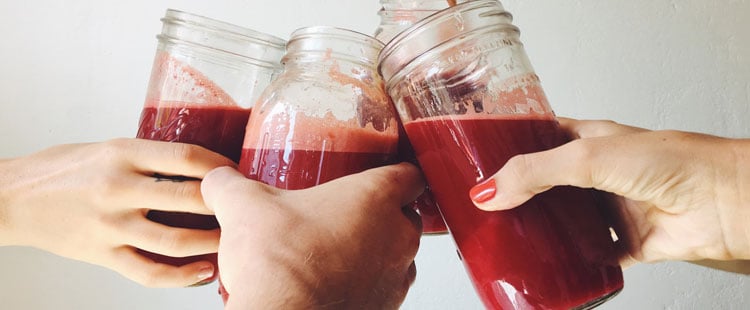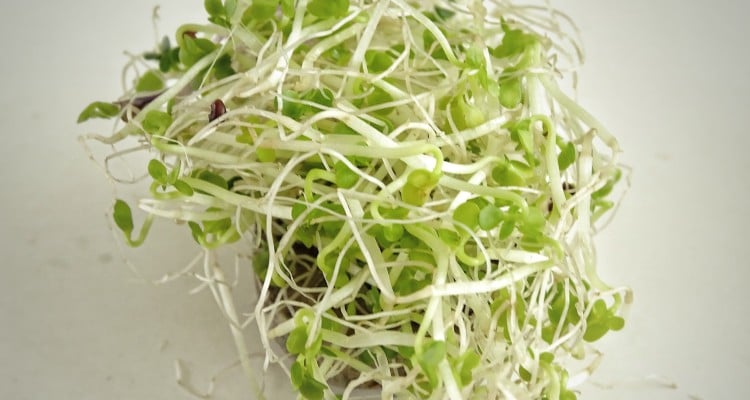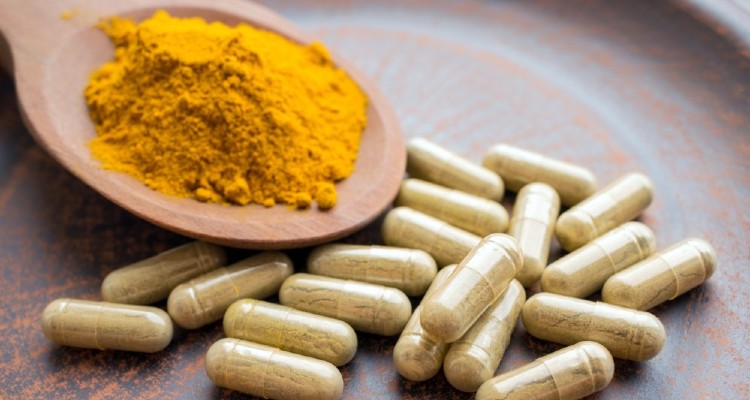.jpg?width=750&name=turmeric-vs-curcumin%20(1).jpg)
Dr. Adam Killpartrick, DC CNS
Turmeric has become a favorite go-to product among health-conscious patients seeking healthy supplements.
It’s even being used as a naturally-sourced food dye and in cosmetics. But there’s a misconception that the spice is a magic bullet.
The confusion stems in part from a market-driven response to the spice’s popularity. Supplement companies have capitalized on the turmeric buzz and are selling the stuff everywhere. But here’s the thing: turmeric isn’t the ingredient you need, it’s the curcumin in the turmeric that delivers the good stuff.
Before you run over to Walgreens and grab a bottle of turmeric or order in bulk on Amazon, it’s important to understand the difference between turmeric and curcumin if you want to reap the physical benefits you’ve heard about.
The Tumeric Buzz
Turmeric’s legacy is rooted in Eastern medicine. Its beneficial properties are cited as early as 2500 years ago in Ayurvedic texts. Turmeric has since earned a reputation among scientists and holistic medicine practitioners for supporting a range of health benefits: it has liver protective, detoxifying, and free radical scavenging properties.* It’s recommended by functional medicine practitioners and naturopaths to promote joint and bone health, healthy inflammatory response, healthy blood vessel function, prevention of loss of lean body mass, and bone density in patients.* New studies show that curcumin, the key component in turmeric, may help with weight management.* It’s especially effective when combined with the piperine found in pepper.


What Links Turmeric and Curcumin?
Turmeric and curcumin are related, but they aren’t interchangeable. Turmeric is a yellow spice from the ginger family whose rhizome contains curcumin, the ingredient that’s responsible for its beneficial qualities. Curcuminoids are the active compounds within turmeric or curcumin. Curcuminoids are polyphenolic pigments and include curcumin, demethoxycurcumin, and bisdemethoxycurcumin, with curcumin being the most abundant of the three.
Turmeric and curcumin work similarly as oranges and vitamin C. You’ll consume, on average, 50 mg of vitamin C from an orange whereas most practitioners recommend 10-20x that for various reasons. Turmeric’s content of curcuminoids is essentially the same. You could get a small amount of curcuminoids in whole turmeric, but in order to get a clinically relevant level (for a healthy inflammatory response, weight management and healthy joints), you’ll need to consume a concentrated supplement.*
Is Turmeric Still Effective on Its Own?
The short answer is yes; it can be. But ultimately results depend on your individual biological makeup and the sensitivity of the condition(s) you’re dealing with.
Turmeric, in the yellow spice form sold in grocery stores still contains curcumin and active curcuminoids. Some people add it to their daily diet and find they sleep better, are more comfortable throughout the day, and show quantitative health benefits.* Other people don’t experience any changes until they add the concentrated curcumin to their diet. These people need a higher concentration to get the desired effects.
If you are someone who is highly sensitive to nutrients or supplements, your practitioner may start you on a plan that’s low and slow. That might mean incorporating turmeric powder into your daily diet or it may mean taking a minimal amount of concentrated curcumin every other day. On the other hand, if you are not as sensitive to nutritional intervention and thus less affected by small changes, you might start with a higher, daily dose of curcumin. C3, for example, is formulated with turmeric that contains 95% cuminoids (consisting of all three forms- curcumin, demethoxycurcumin and bisdemethoxycurcumin) per capsule.
Quality, Absorption, and Dosage
As with other supplements, potency and bioavailability play a role in curcumin’s effectiveness. Curcumin is known to have poor oral absorption quality, which makes it difficult for it to get to high enough blood levels needed for the bioactivity properties to be effective. Therefore, the higher the bioavailability of a particular curcumin supplement, the more effective it will be. Black pepper is perhaps the most well researched method of increasing bioavailability. Simply put, the black pepper inhibits breakdown of the curcumin while also enhancing the passage of the curcumin through the intestinal wall.* When combined with black pepper, a typical level of curcumin found within a supplement is 500 mg per capsule; there are situations where in order to realize the full clinical effect one may need to take upwards of 1000 mg.
Turmeric is an appealing spice for good reason. Its range of uses seems unlimited. However, before you reach for the nearest over-the-counter bottle or start dousing every meal with it, consider the active compound curcumin. Keep in mind that individuals respond differently to supplements. Consult with a functional medicine practitioner to determine what amount and type of curcumin supplement would work best for you.
*These statements have not been evaluated by the Food and Drug Administration. This product is not intended to diagnose, treat, cure or prevent any disease.







.jpg?width=750&name=turmeric-vs-curcumin%20(1).jpg)






-2.png)




